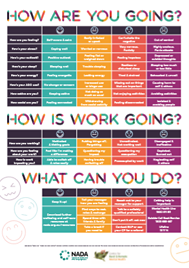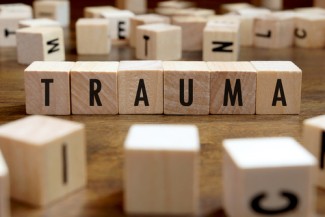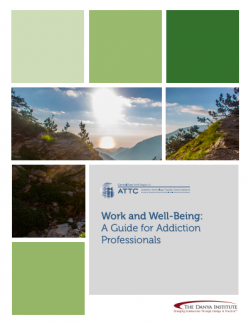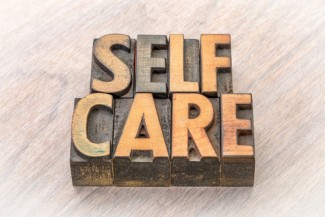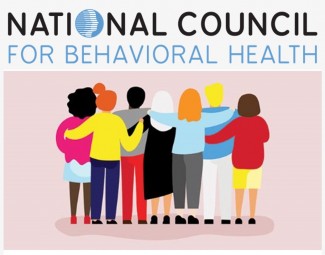Worker wellbeing
Taking care of your health is important no matter what you do for a living. But when it comes to AOD work it’s all the more important. Working in the AOD sector can be very rewarding but the passion and dedication that drives many who work...
